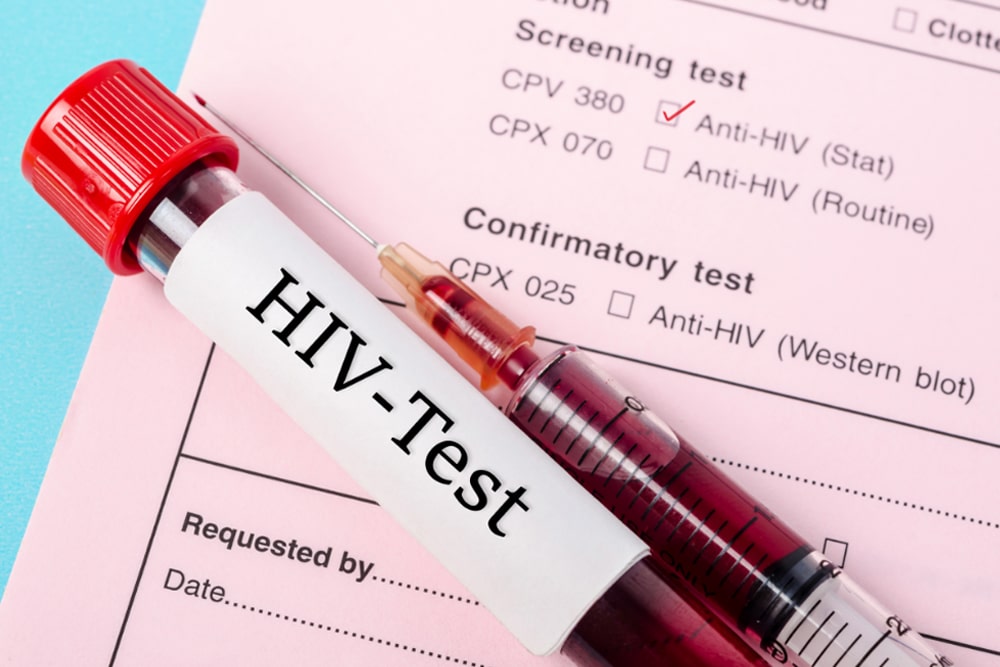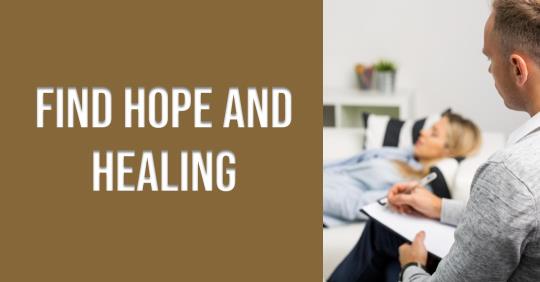Outright it is safe to say that substance abuse contributes fundamentally to the progression of HIV/AIDS. Regardless of whether the risk of infection is through needles or an increased tendency to engage in high-risk behavior due to loss of judgment, anyone addicted to or abusing drugs or alcohol is at risk of contracting a deadly illness.
In terms of HIV/AIDS, the main problem is that the behaviors and actions of people involved in drug use and addiction often lead to situations where they can be infected. Unprotected sex, sharing needles, under the influence behaviors where blood or other bodily fluids get exchanged unaware, and so on.
Why Do Opioid Drugs Increase Risk for HIV/ AIDS?
The drugs that are most often affiliated with HIV and AIDS are opioids. Opioids are most often injected with a syringe. This practice lends itself to unsafe needle use, storage, or sharing of hypodermic syringes to get high. Heroin, Fentanyl, and all prescription pain killers (Oxycontin, Vicodin, Percocet, Dilaudid, etc.) are opioid drugs that cause physical dependency and lead to withdrawal symptoms when the person does not use an opioid every day. This exasperates the problem as many opioid-addicted people are desperate to feel better and will share a needle to alleviate the withdrawal symptoms.

Can You Catch AIDS/HIV With Other Drug Use?
Anyone can catch HIV or AIDs if they engage in sex with someone infected or share bodily fluids another way. Although the transmission of AIDS/HIV is highest in populations that use needles to inject drugs, there is still a risk with other drugs. Methamphetamine, cocaine, alcohol, marijuana, and club drugs all cause risky behaviors and when someone is using them are likely to have unprotected sex.
Additionally, people who snort drugs and share the tube or dollar bill, etc., can lead to an infection. Also concerning is when people smoke drugs in a device that can cut the lips or cause an abrasion, it can potentially lead to an exchange of bodily fluids. Drugs that lead to dangerous sexual behaviors also can place someone at risk.
How Does Someone Catch HIV/AIDS?
The National Institutes of Health have listed how a person can contract HIV or AIDS. In addition, they explain what bodily fluids can transmit HIV/AIDS.
People can get or transmit HIV only through specific activities, such as sex or injection drug use. HIV can be transmitted only in certain body fluids from a person who has HIV through blood, semen, pre-seminal fluids, rectal fluids, vaginal fluids, and breast milk. HIV transmission is only possible if these fluids come in contact with a mucous membrane or damaged tissue or are directly injected into the bloodstream (from a needle or syringe). Mucous membranes are found inside the rectum, the vagina, the opening of the penis, and the mouth. (NIH)
What Are the Symptoms of HIV/AIDS?
To be clear, HIV is an acronym for the medical term human immunodeficiency virus. AIDS stands for acquired immunodeficiency syndrome. A person will first contract HIV, and then without medical treatment, their disease will progress to AIDS. About two-thirds of people infected with HIV will feel unwell within two to four weeks. This is a part of the body’s normal response to HIV infection. Their symptoms include the following:
- Fever
- Chills
- Rash
- Night sweats
- Muscle aches
- Sore throat
- Fatigue
- Swollen lymph nodes
- Mouth ulcers
Some people do not have any symptoms at all during the initial stage of HIV, and often do not know they have been infected for some time. (HIV.gov)
How Many Intravenous Drug Users Get HIV/AIDS?
The Centers for Disease Control states how many drug abusers contract HIV every year. The correlation between drug use and HIV infection is evident for injecting drugs and needle sharing. Still, the most common way anyone catches HIV is through unprotected sex, which can happen to non-drug users. Although the CDC specifies only people who inject drugs in their report: “People who inject drugs account for about 1 in 10 HIV diagnoses in the United States” (CDC).
Is Treatment Available For HIV-Infected Patients at Aspen Behavioral Health?
Yes! We provide safe and medically supervised HIV addiction treatment programs. We rely on evidence-based forms of therapy and prioritize privacy and medical needs. As a result, we have helped thousands of HIV-positive drug and alcohol users find freedom from their substance use disorder and learn to live without drugs and alcohol while their medical needs are met.
Call now for immediate entrance and chat or email for more information.



